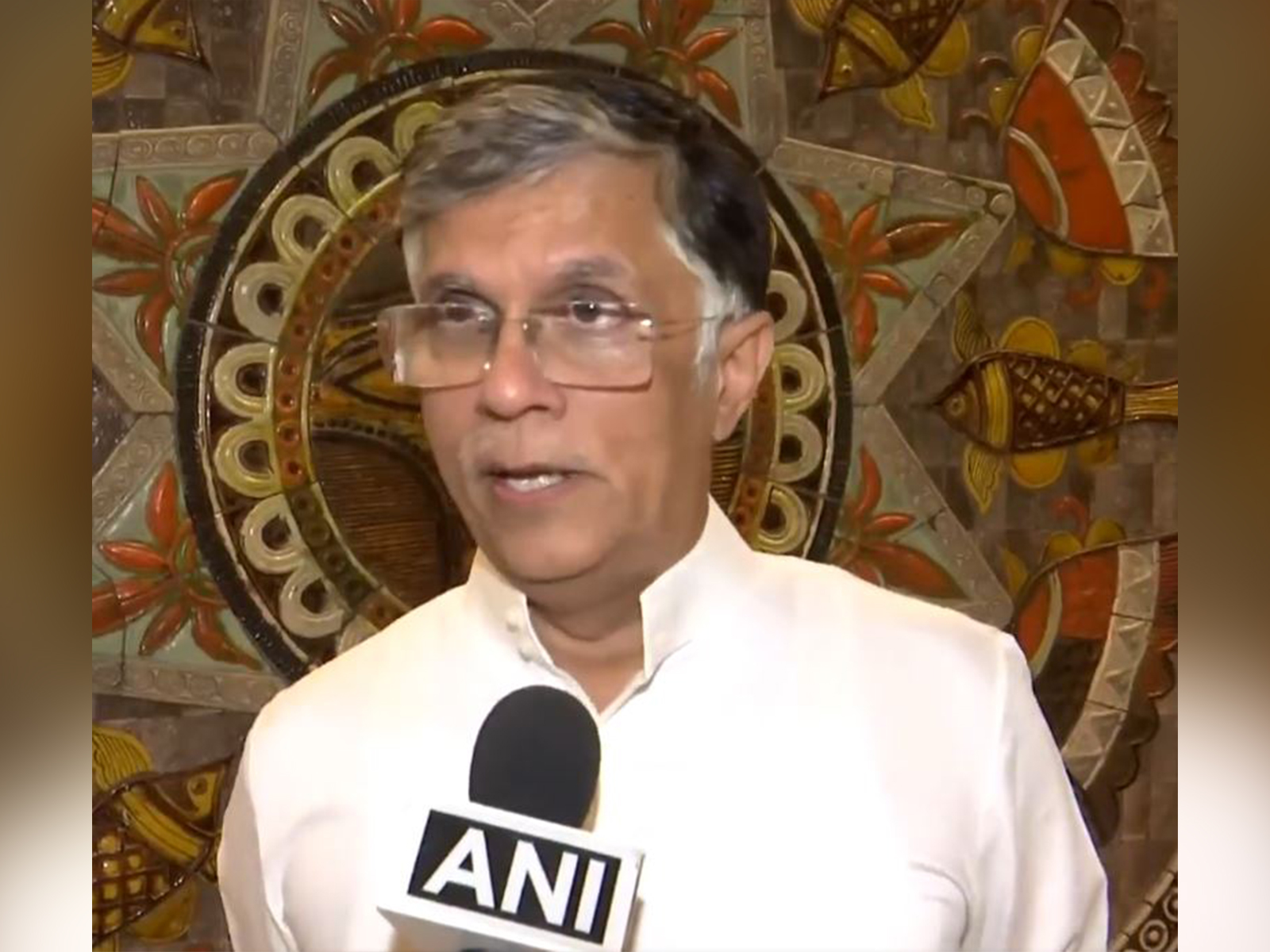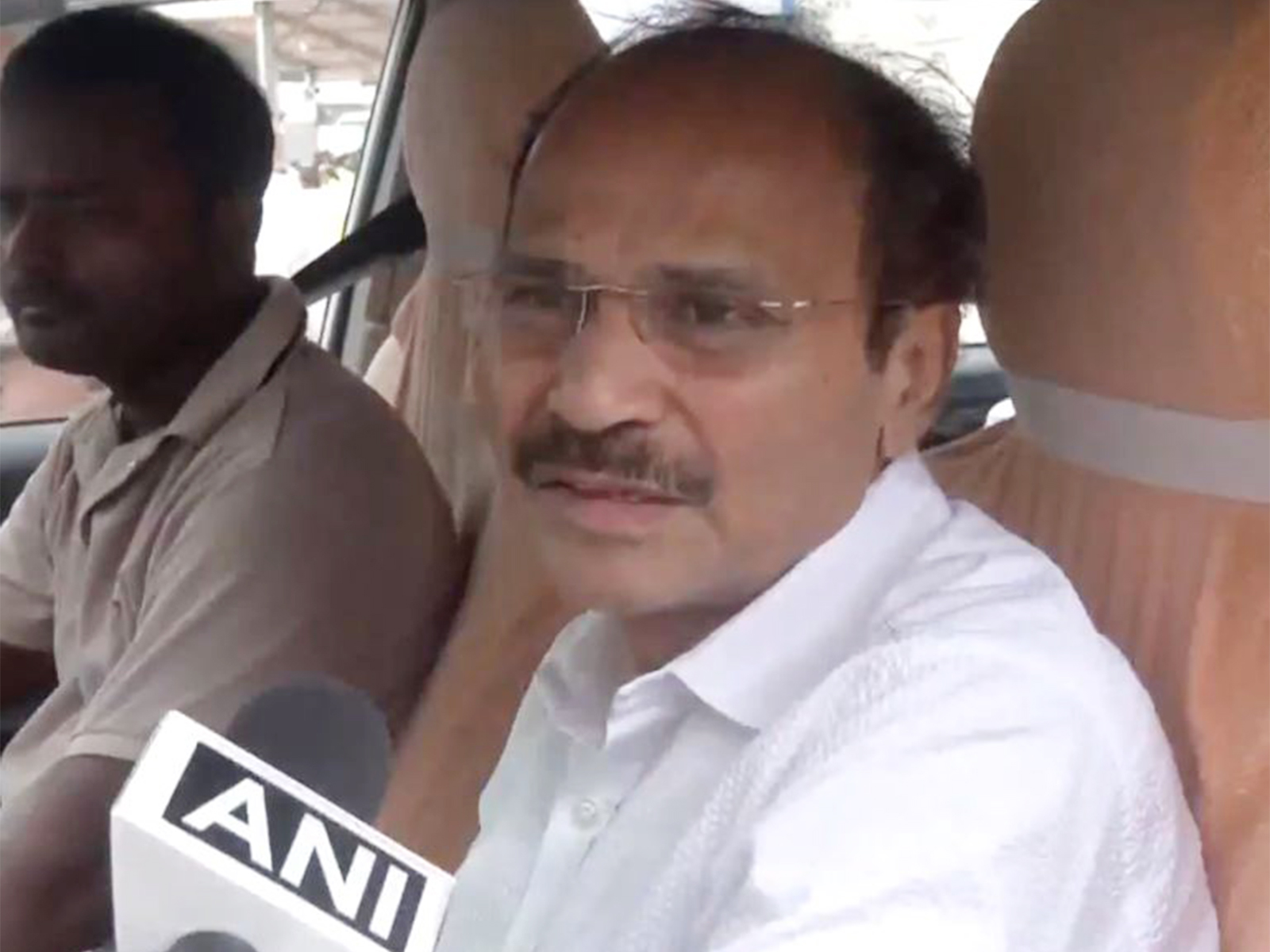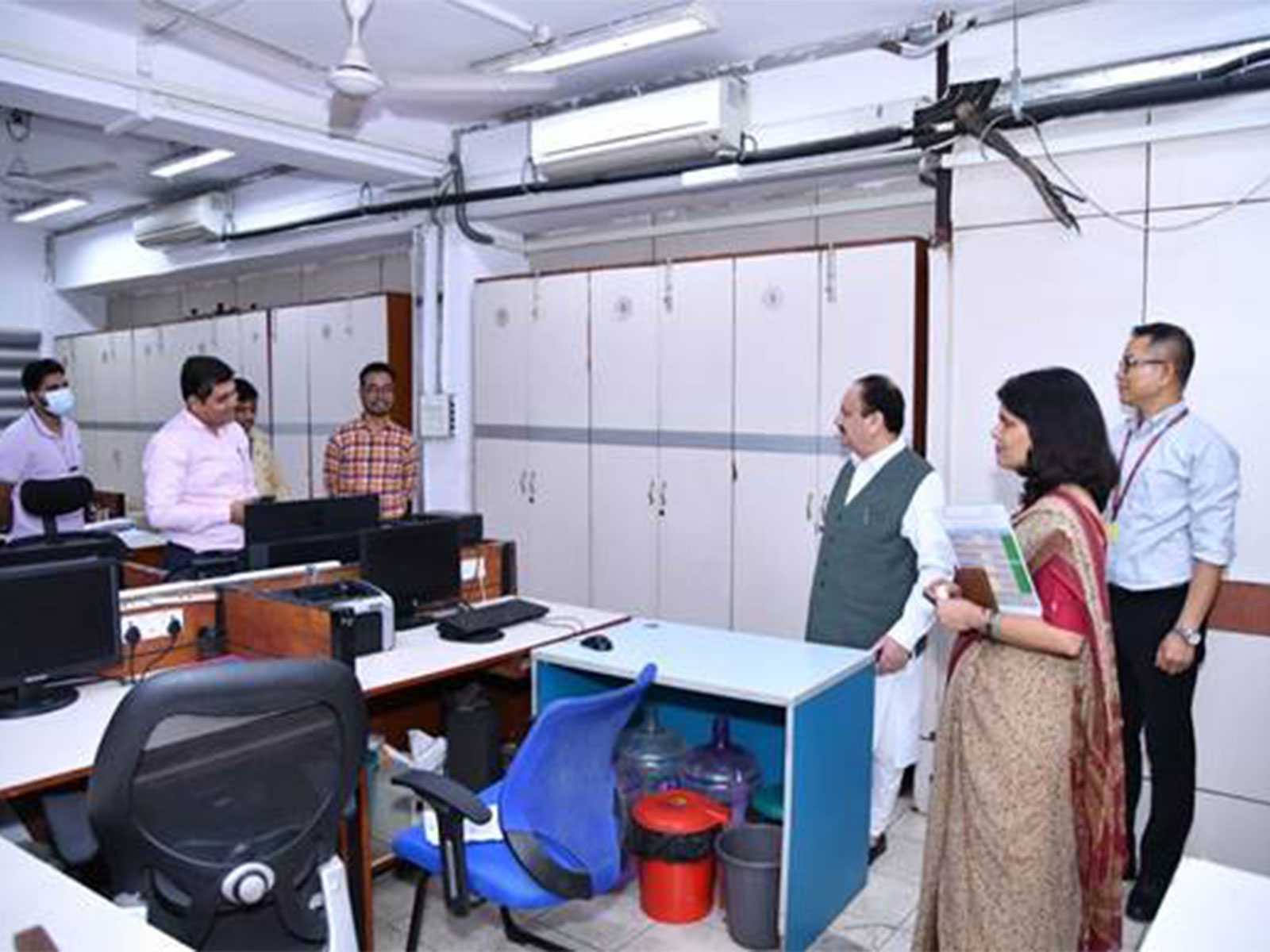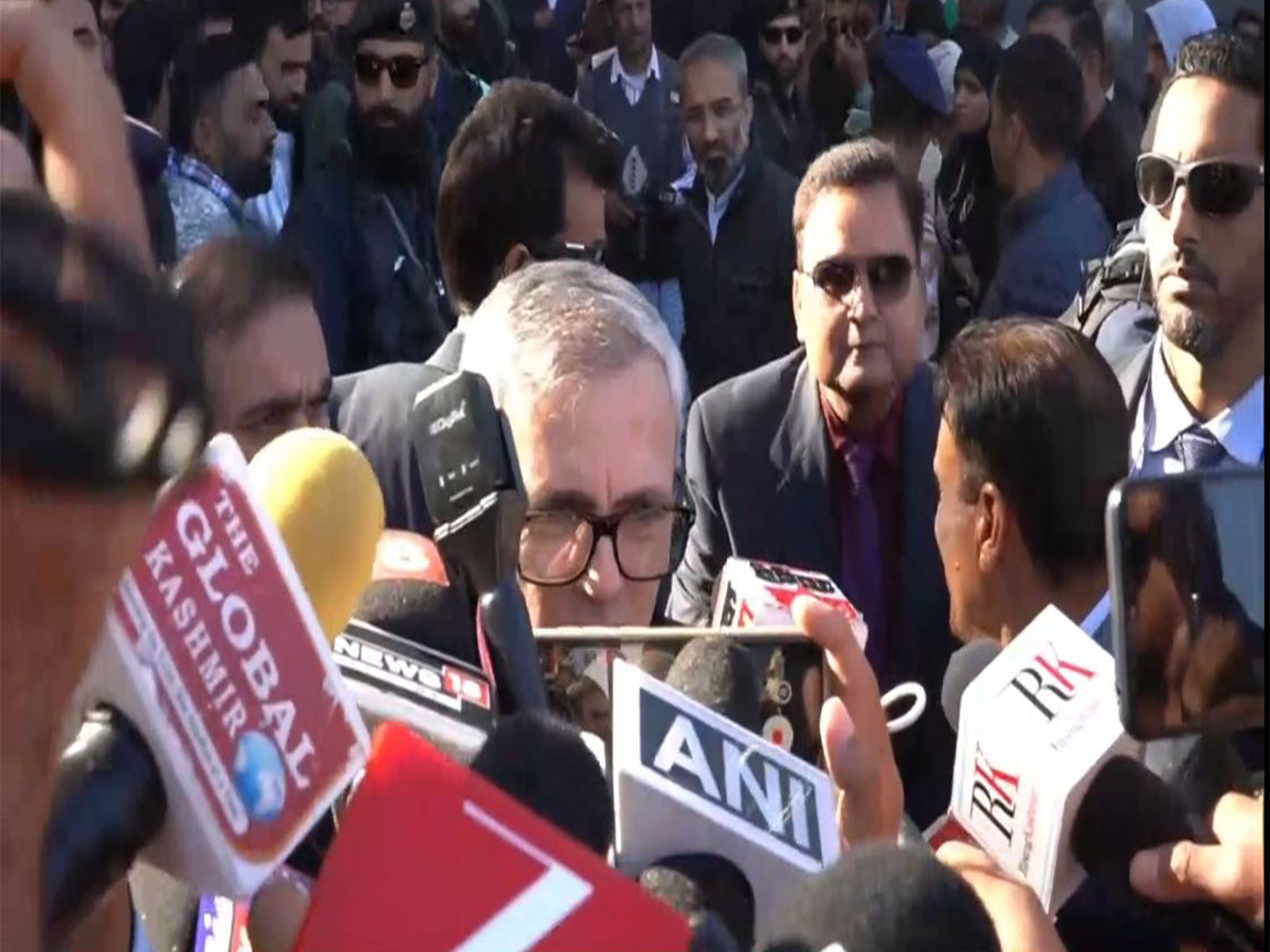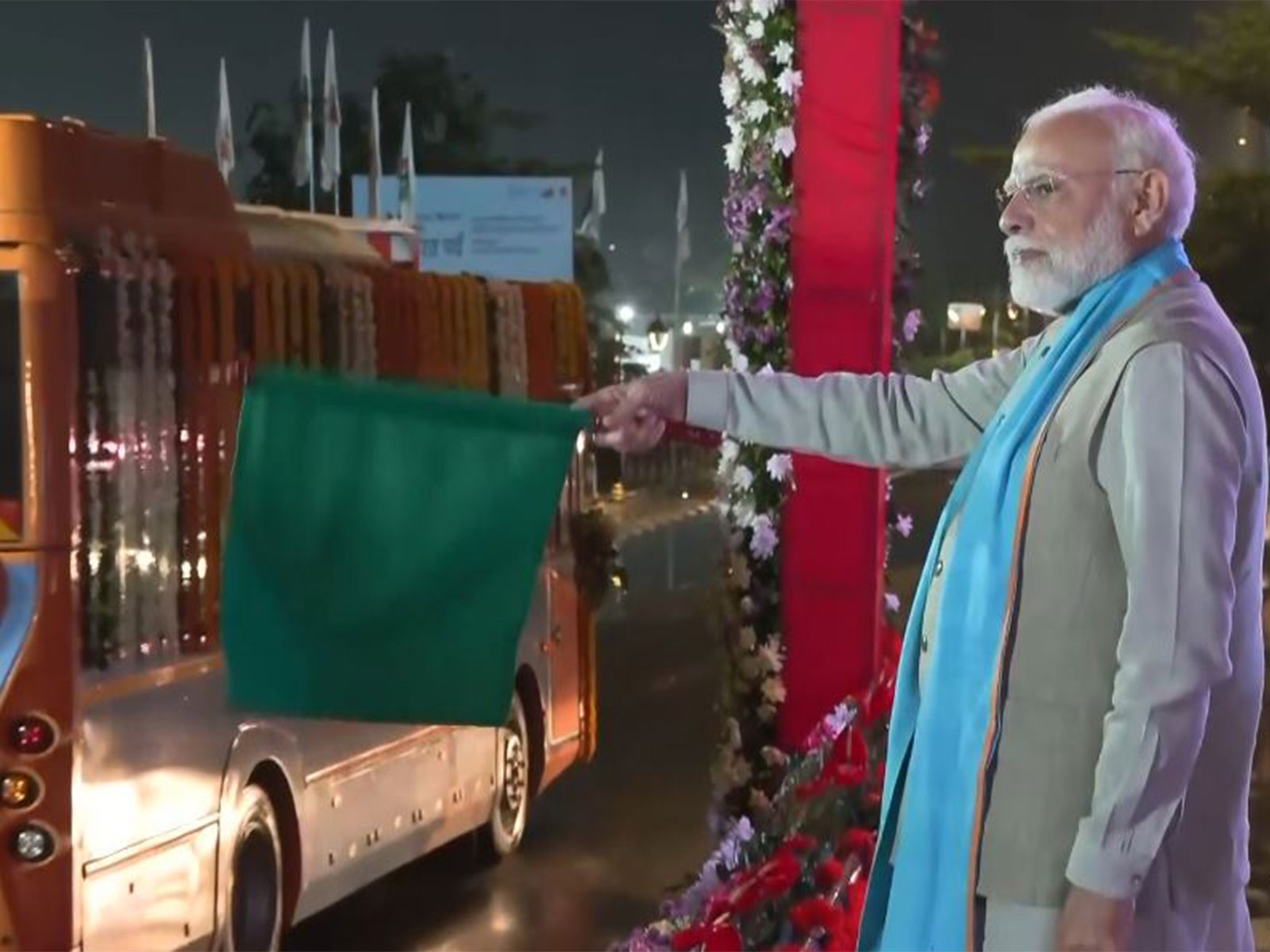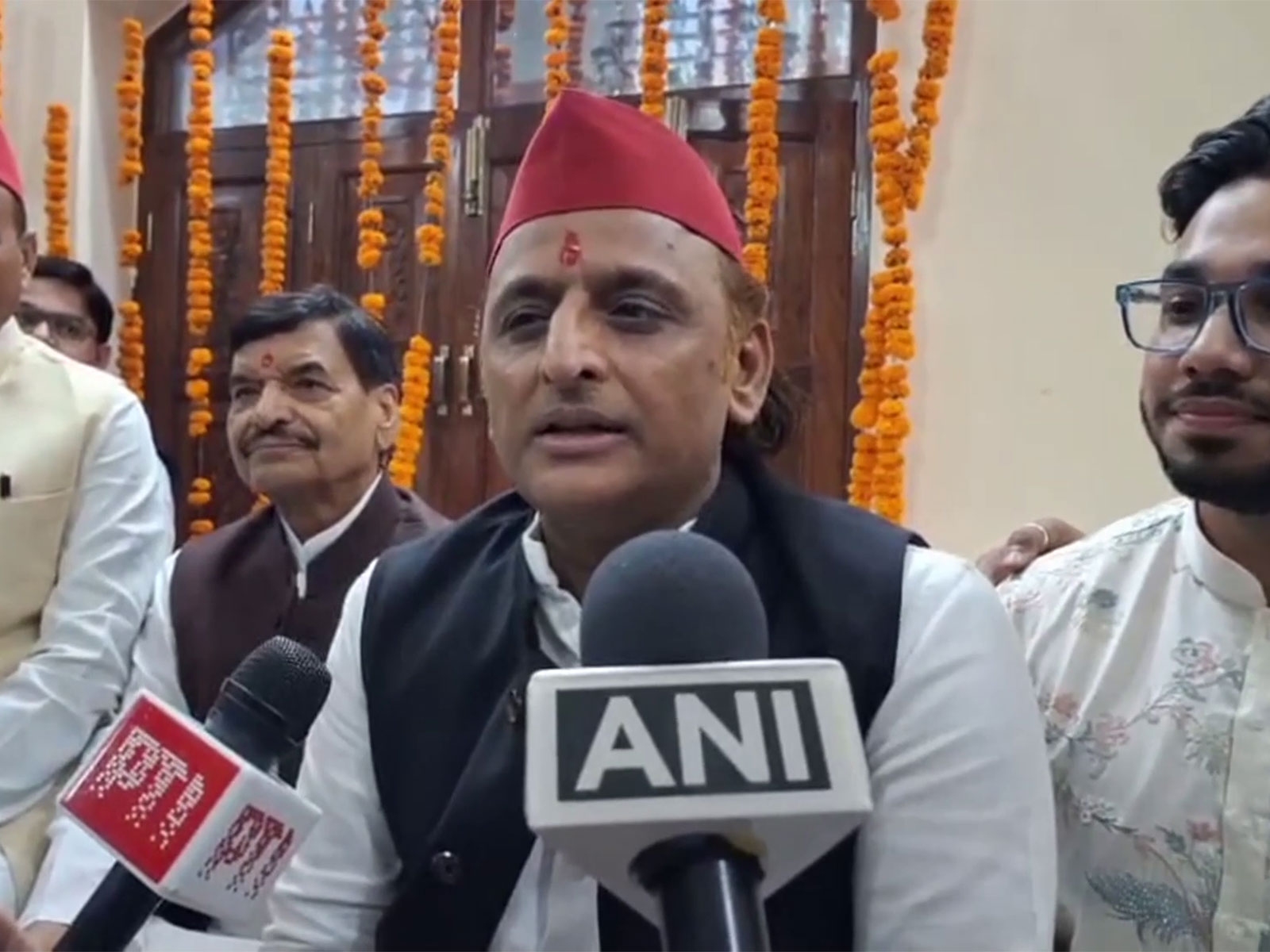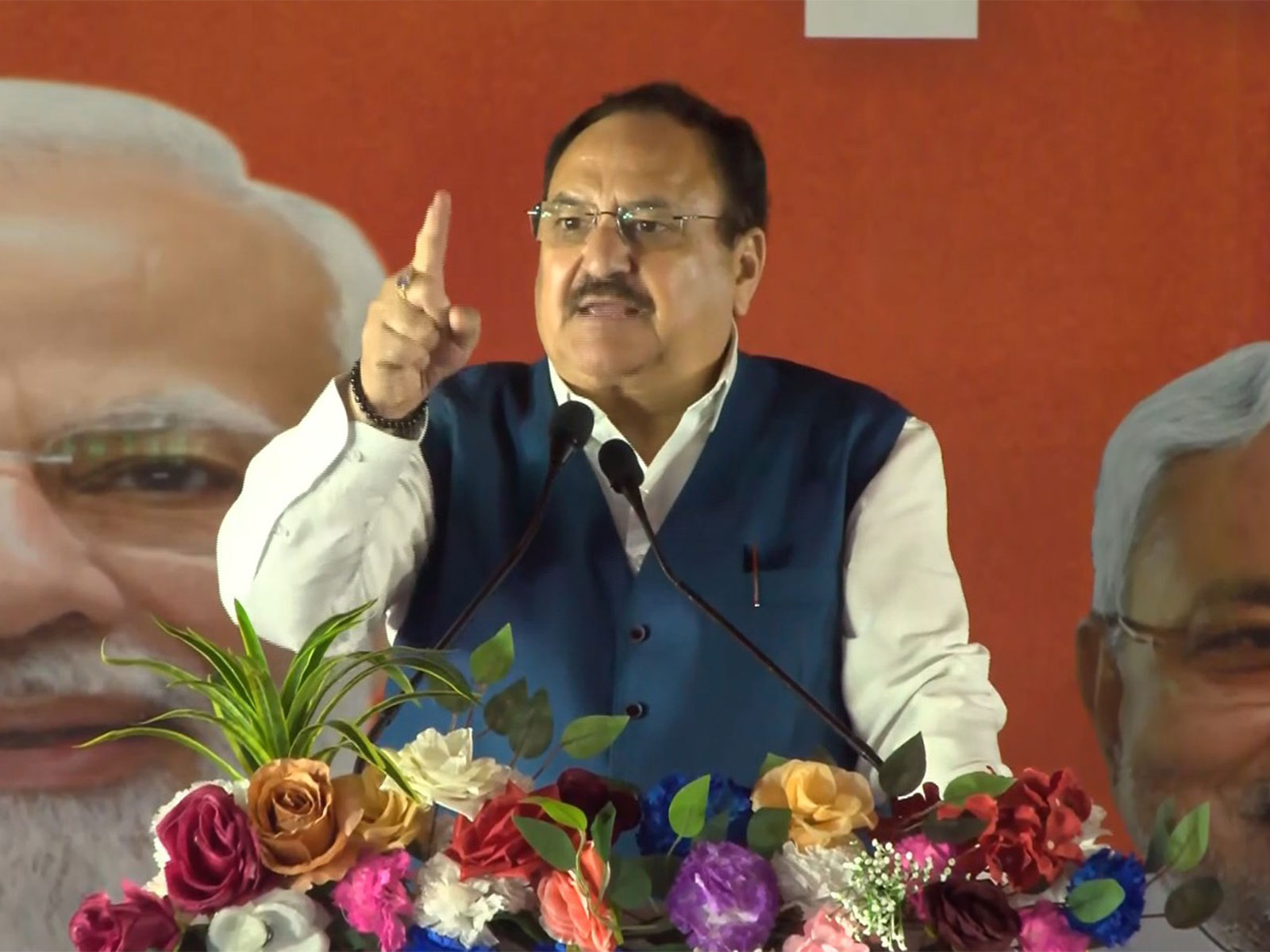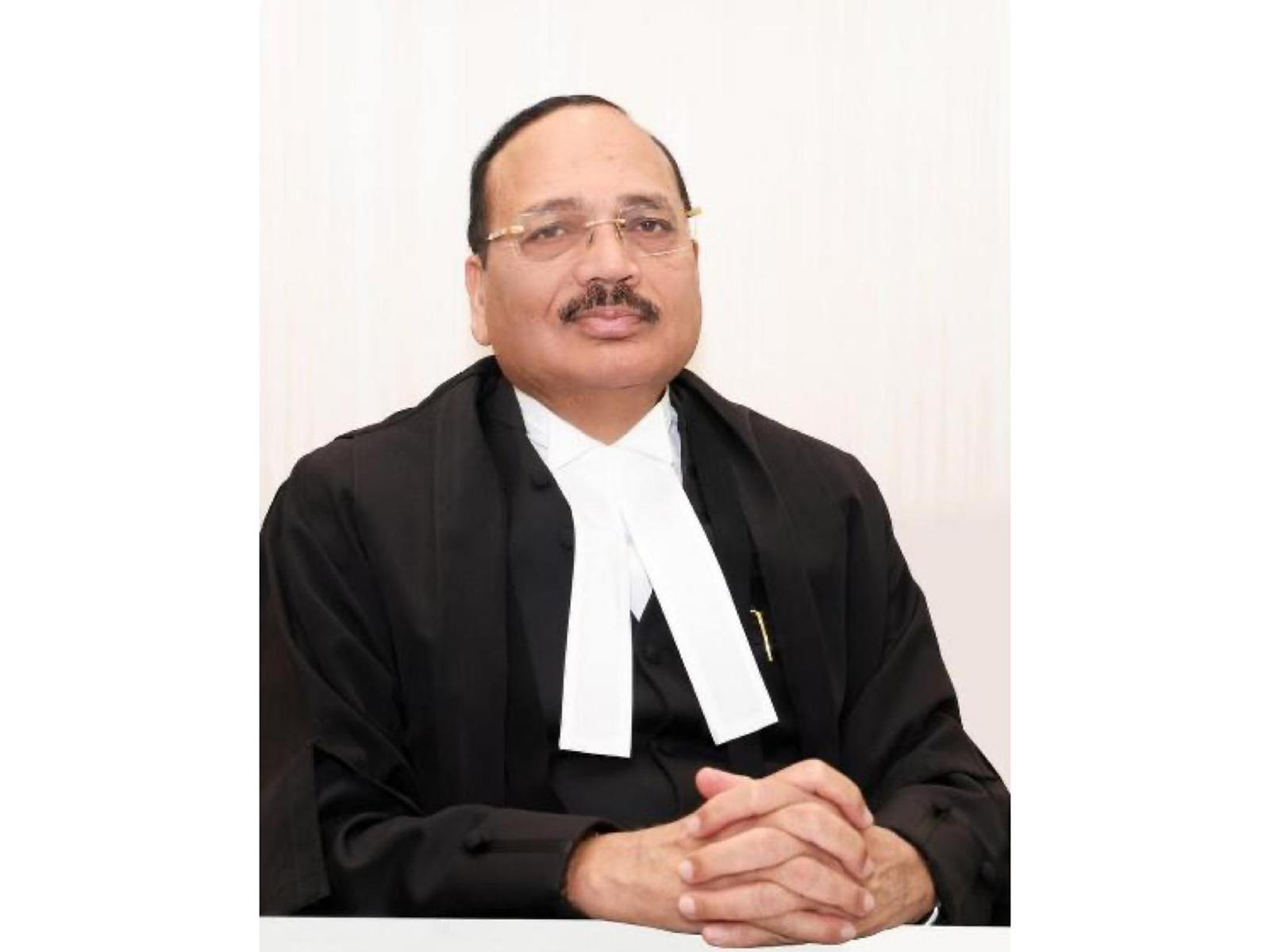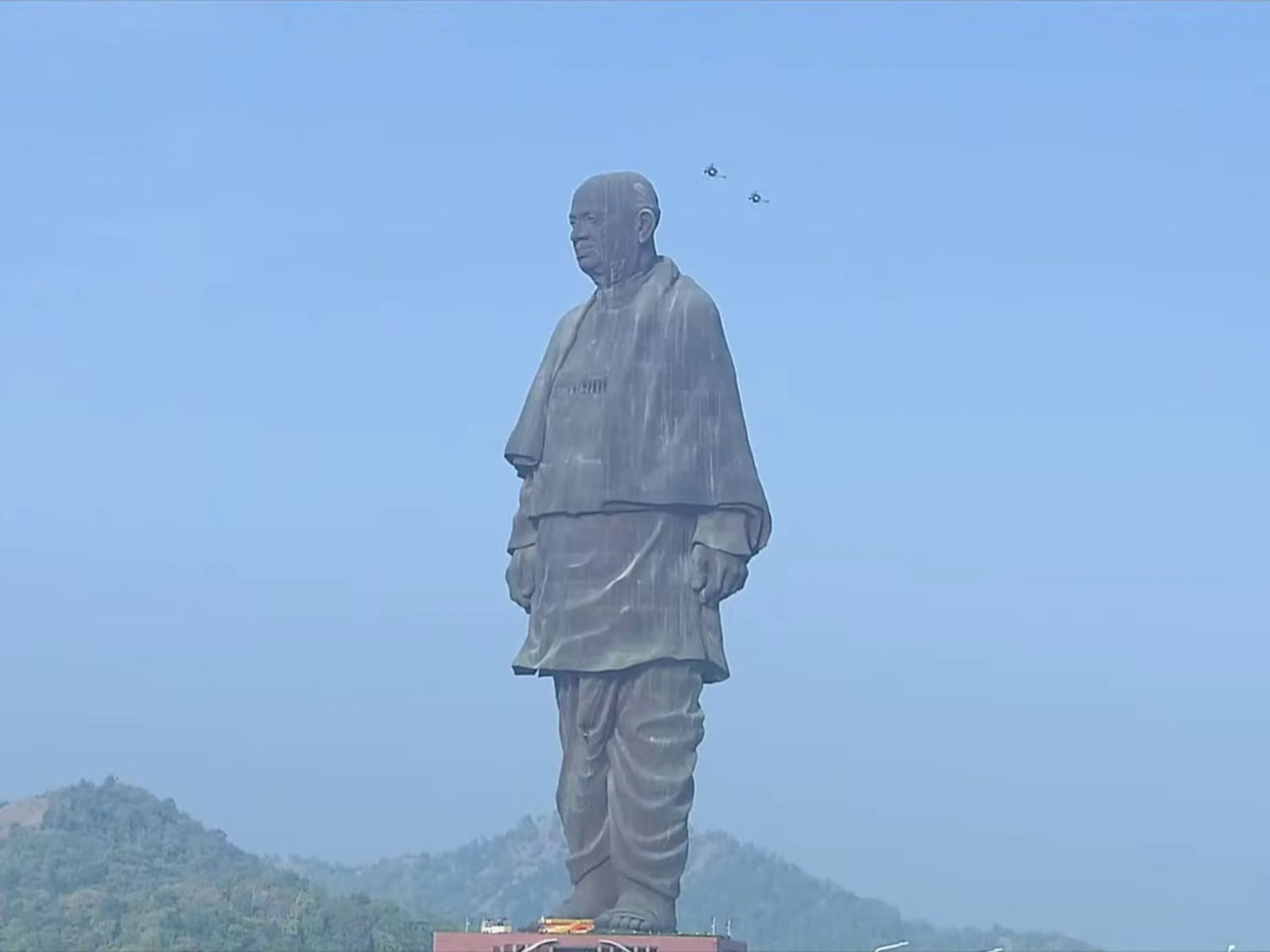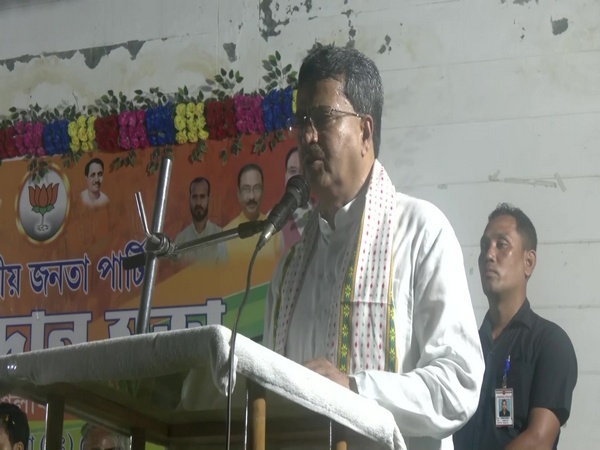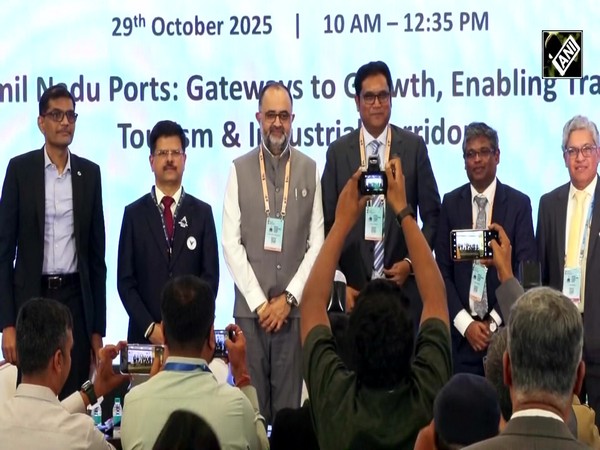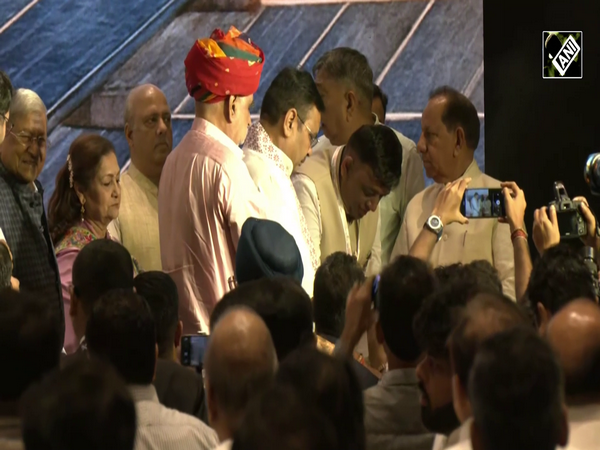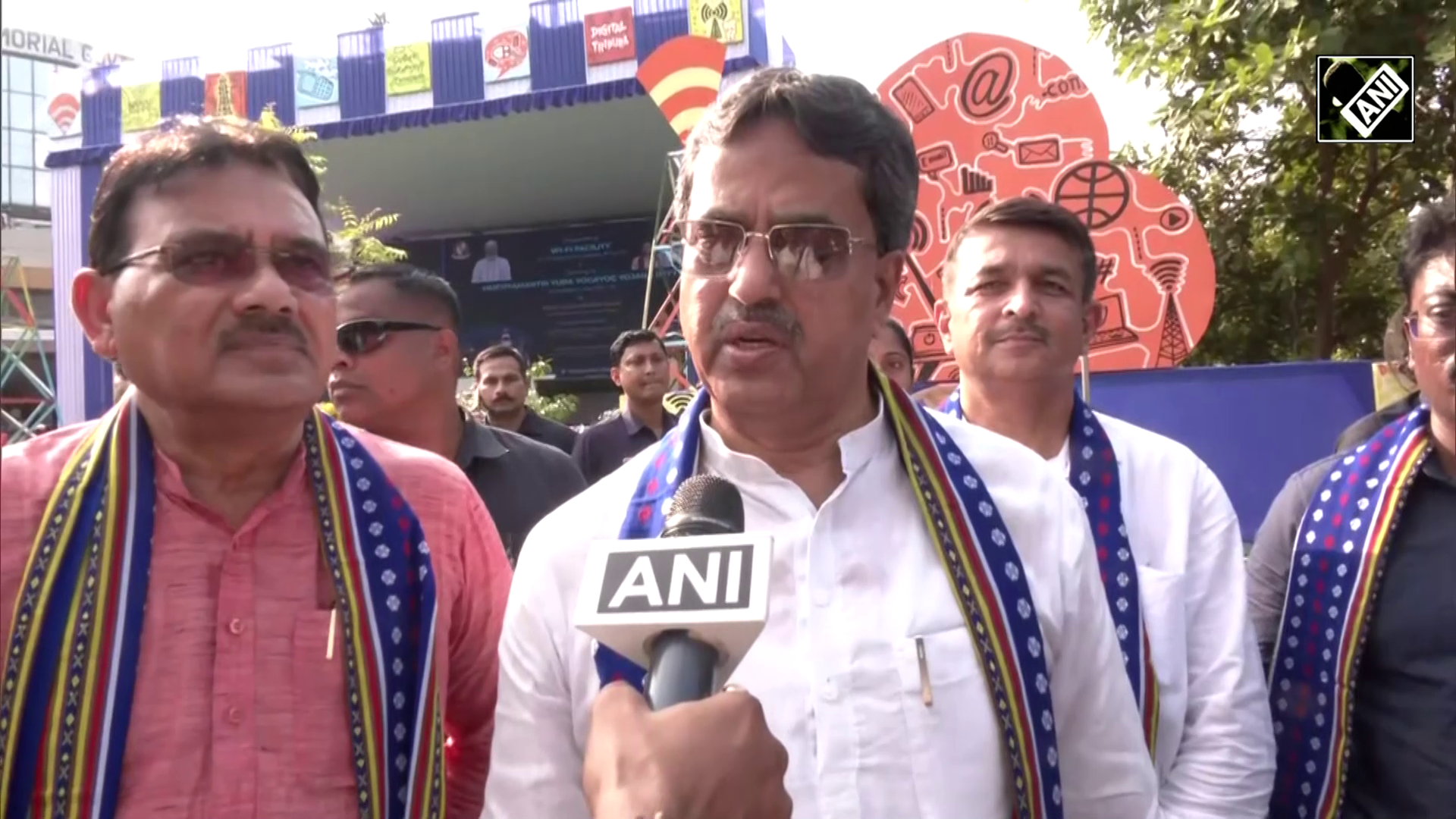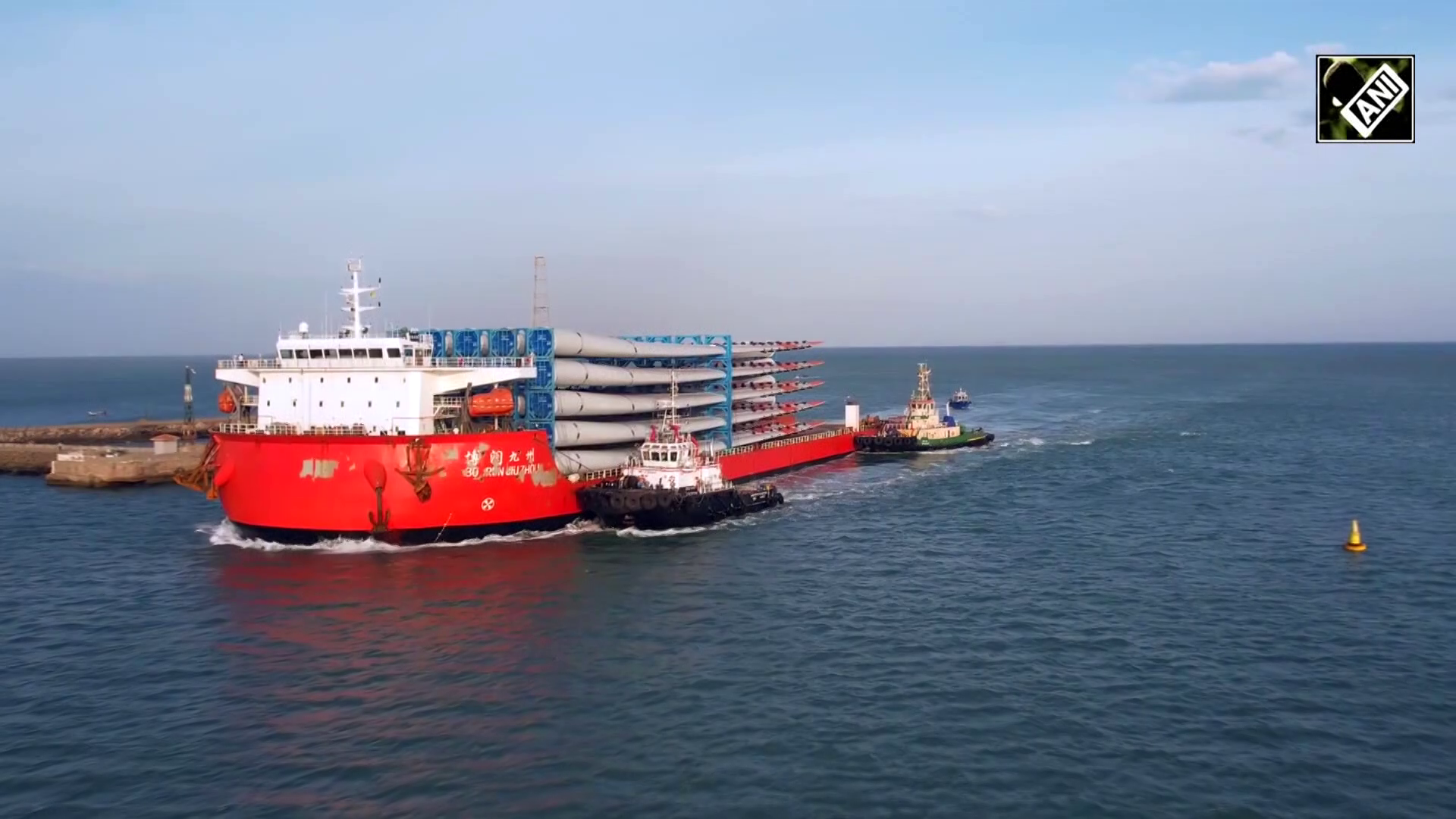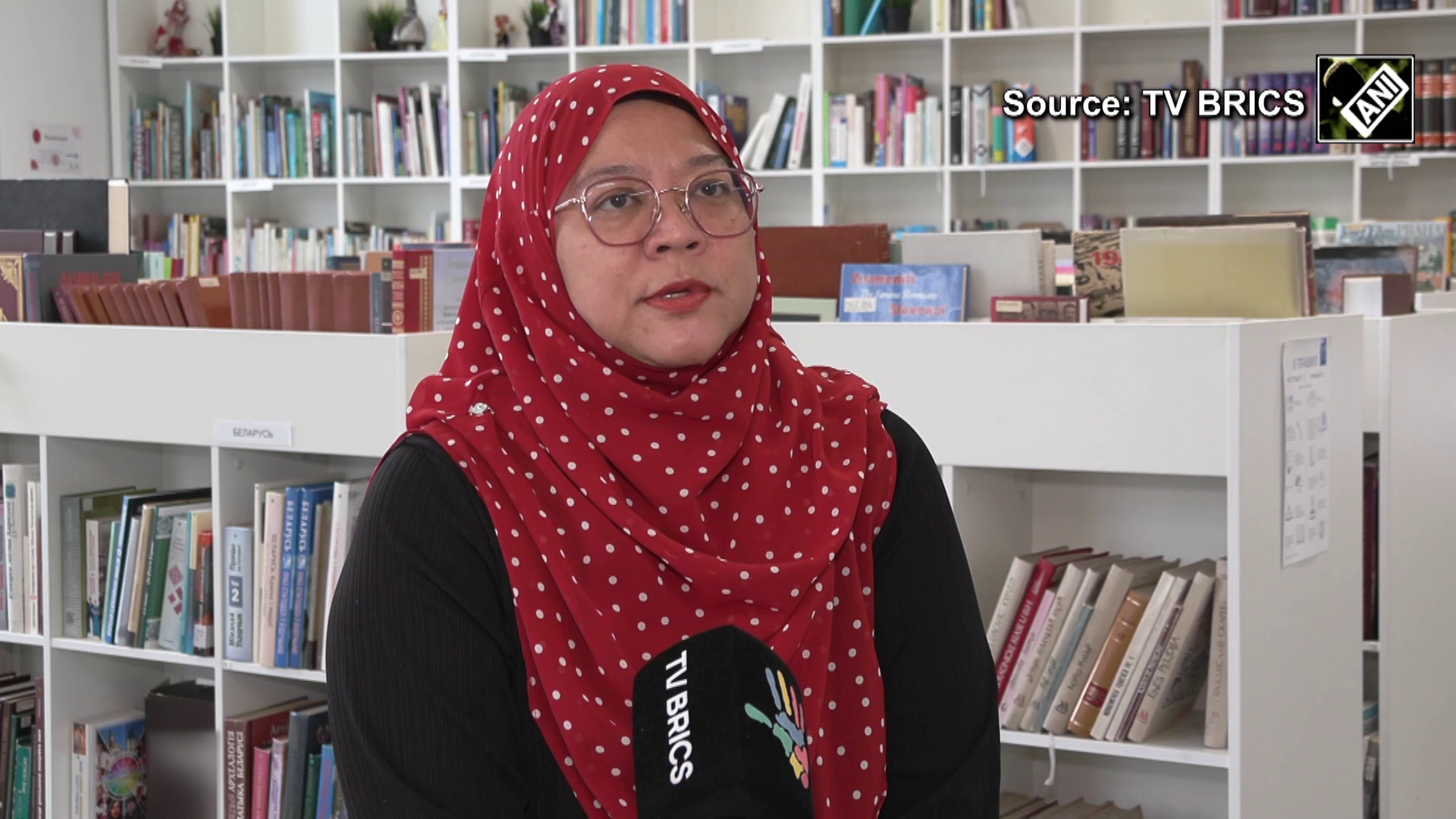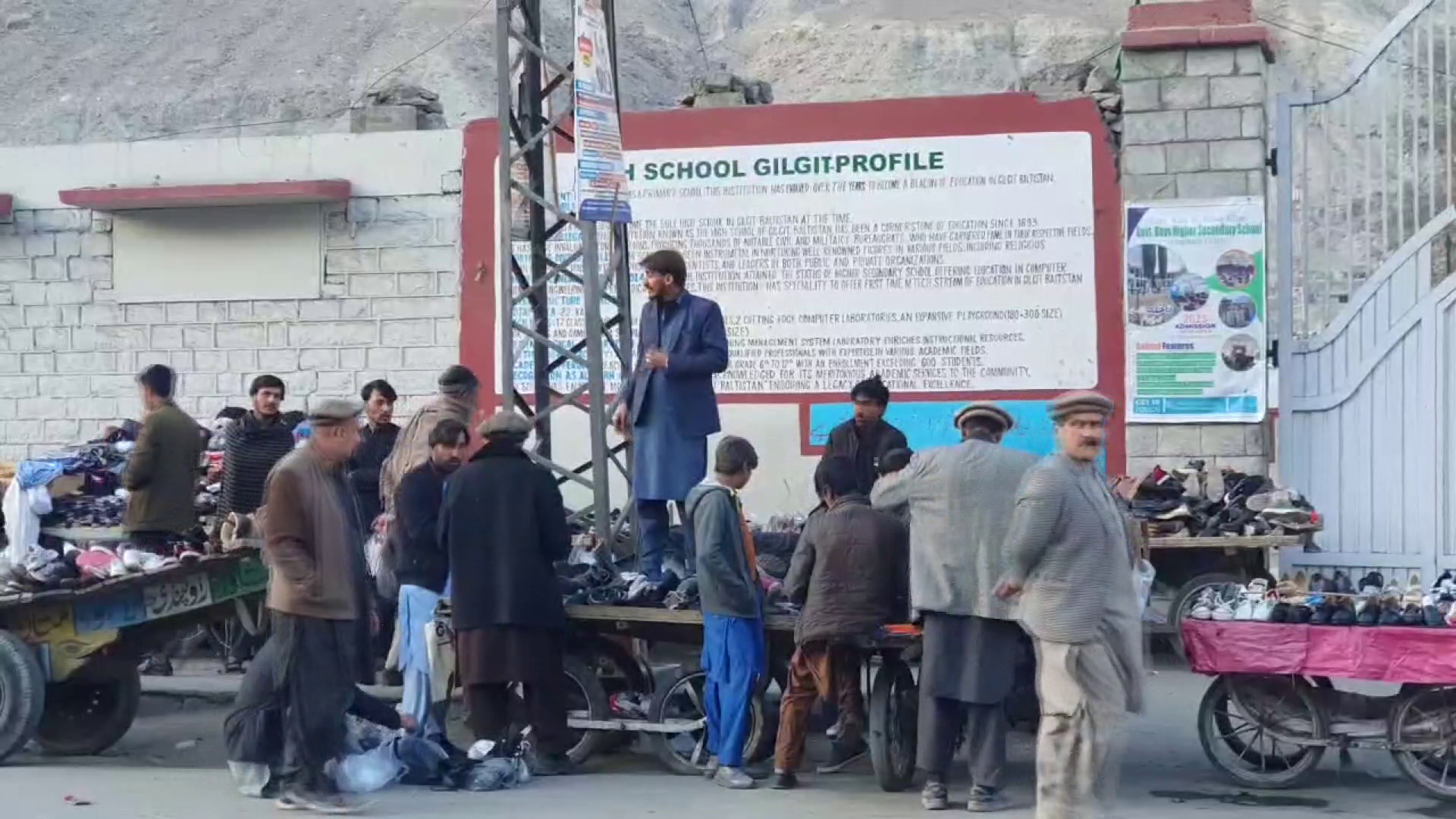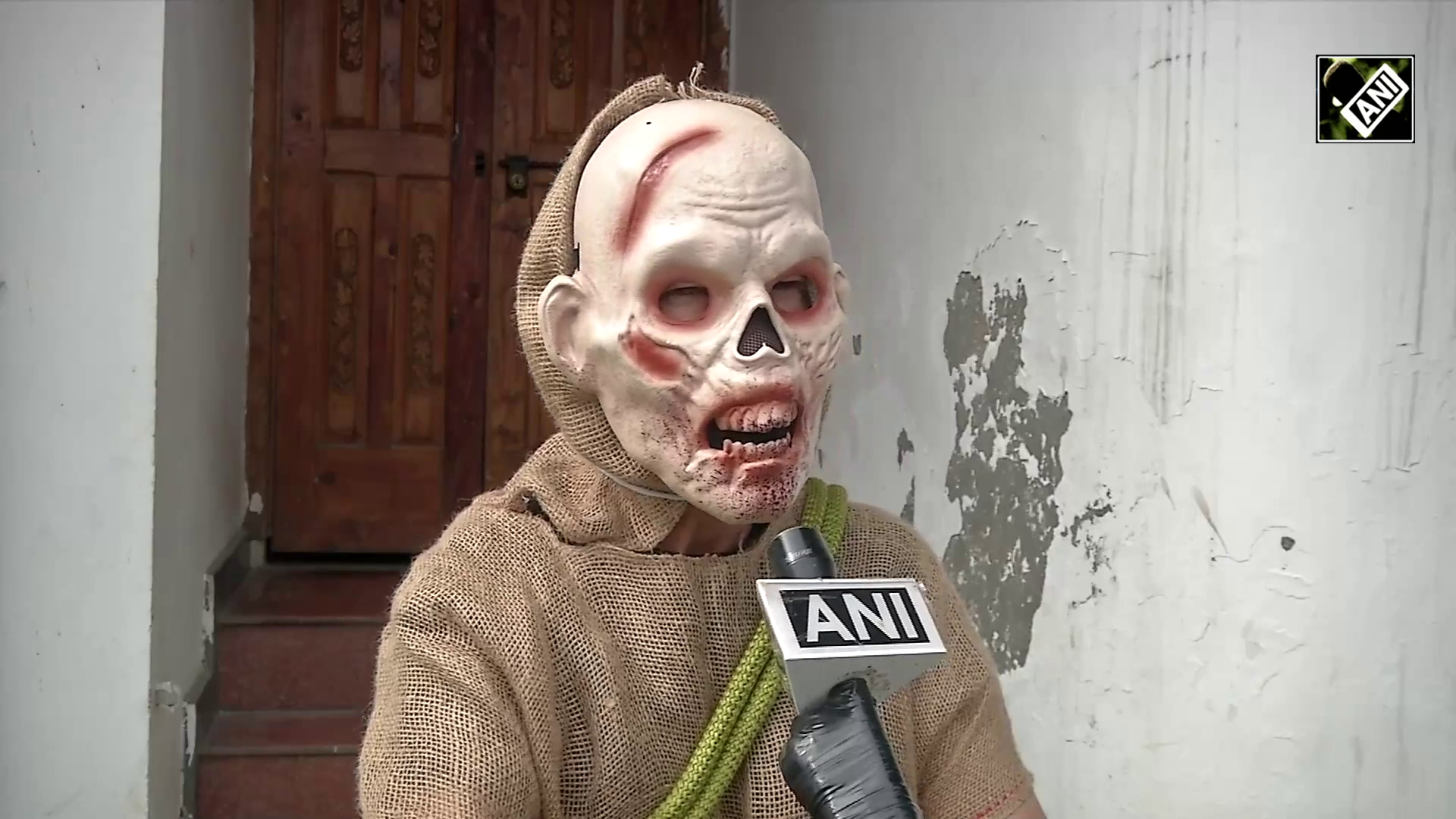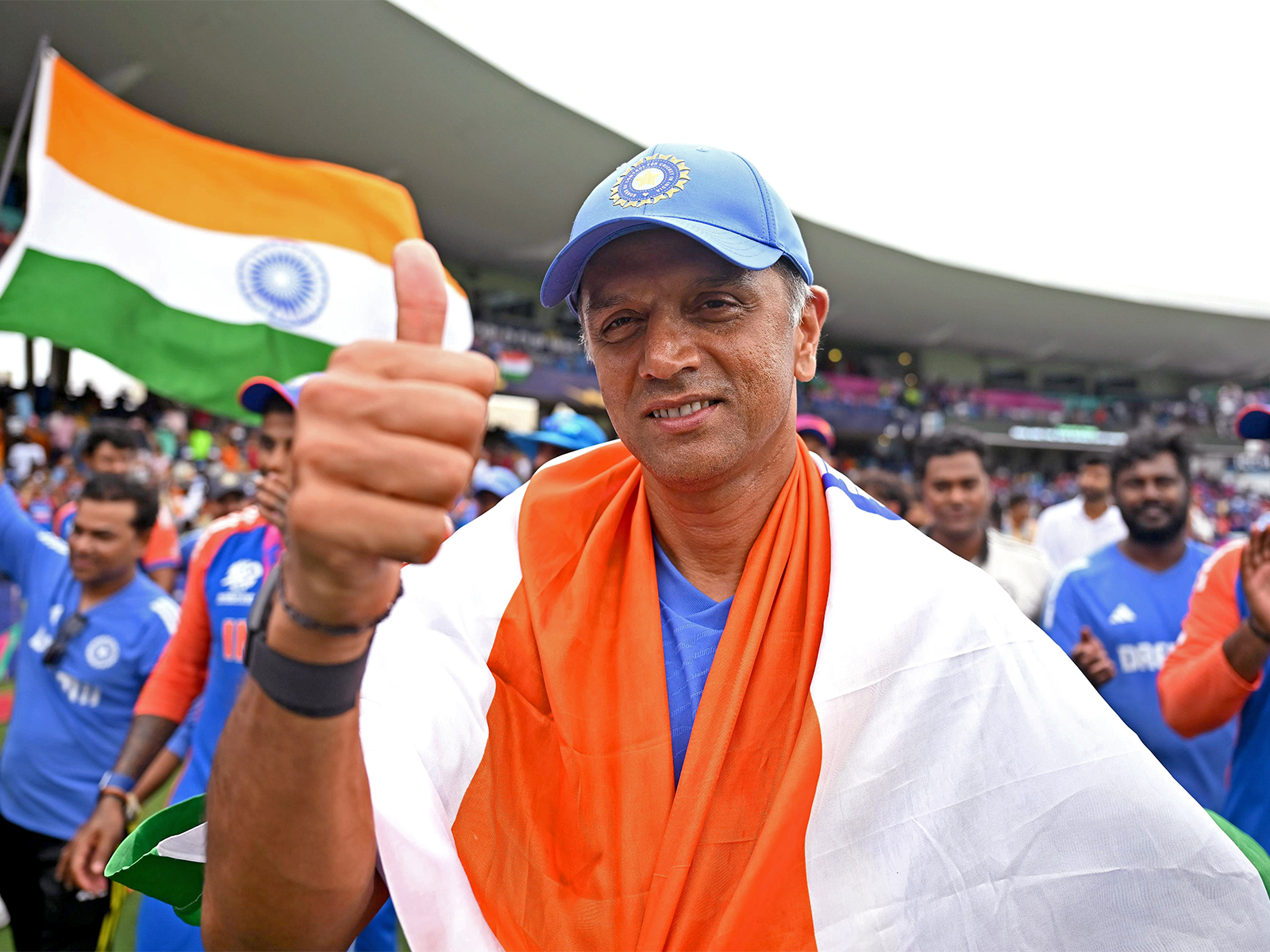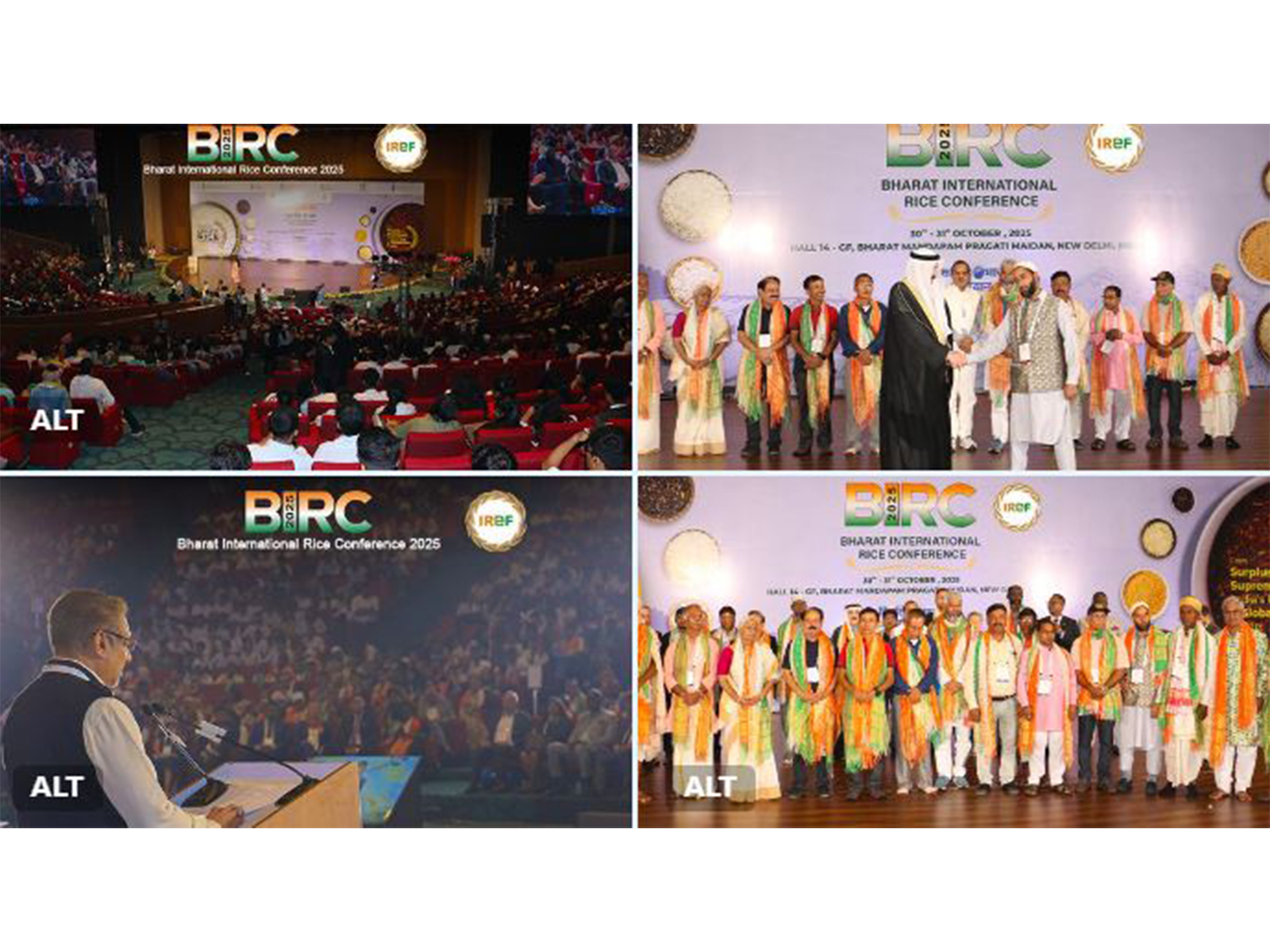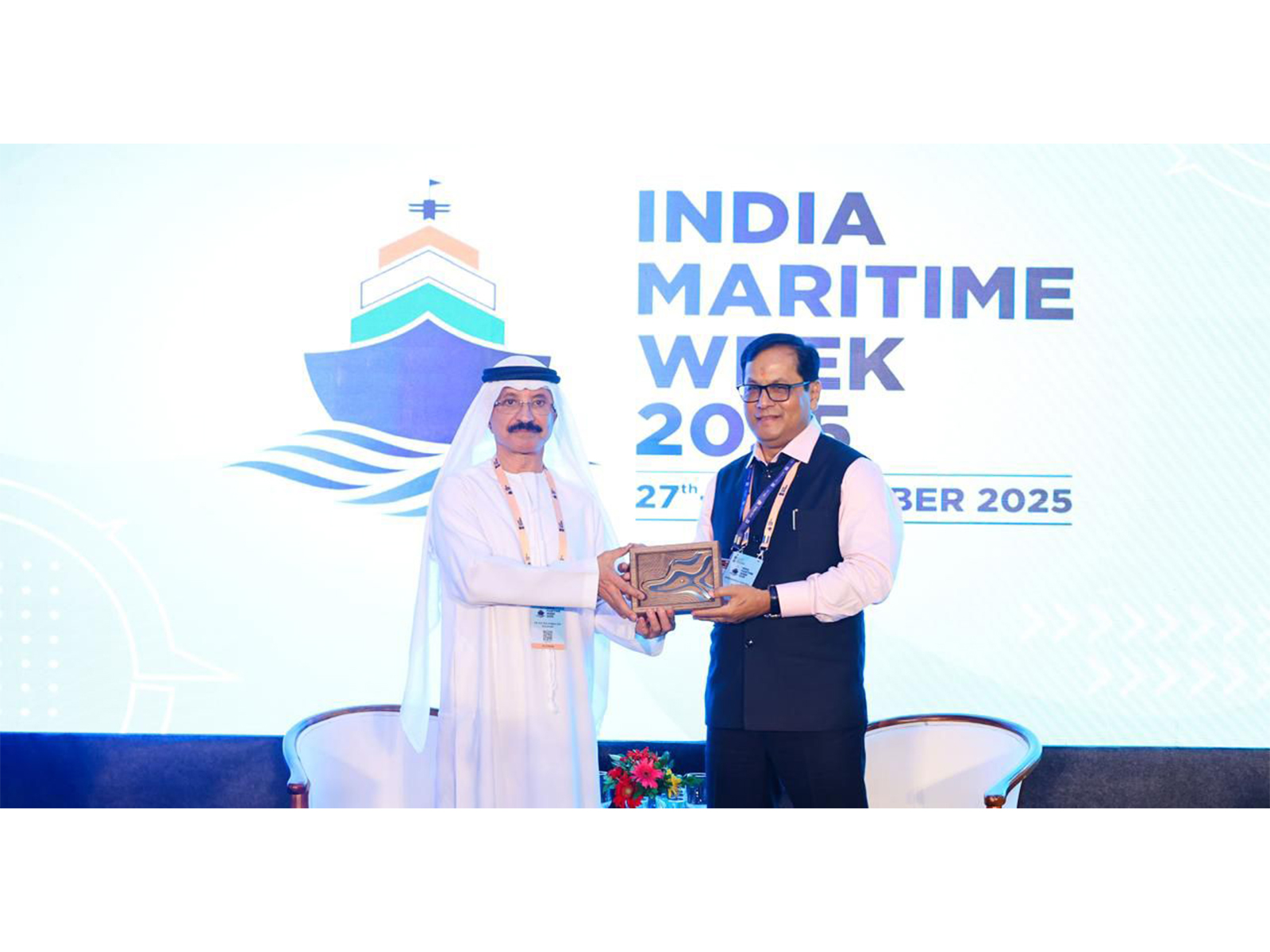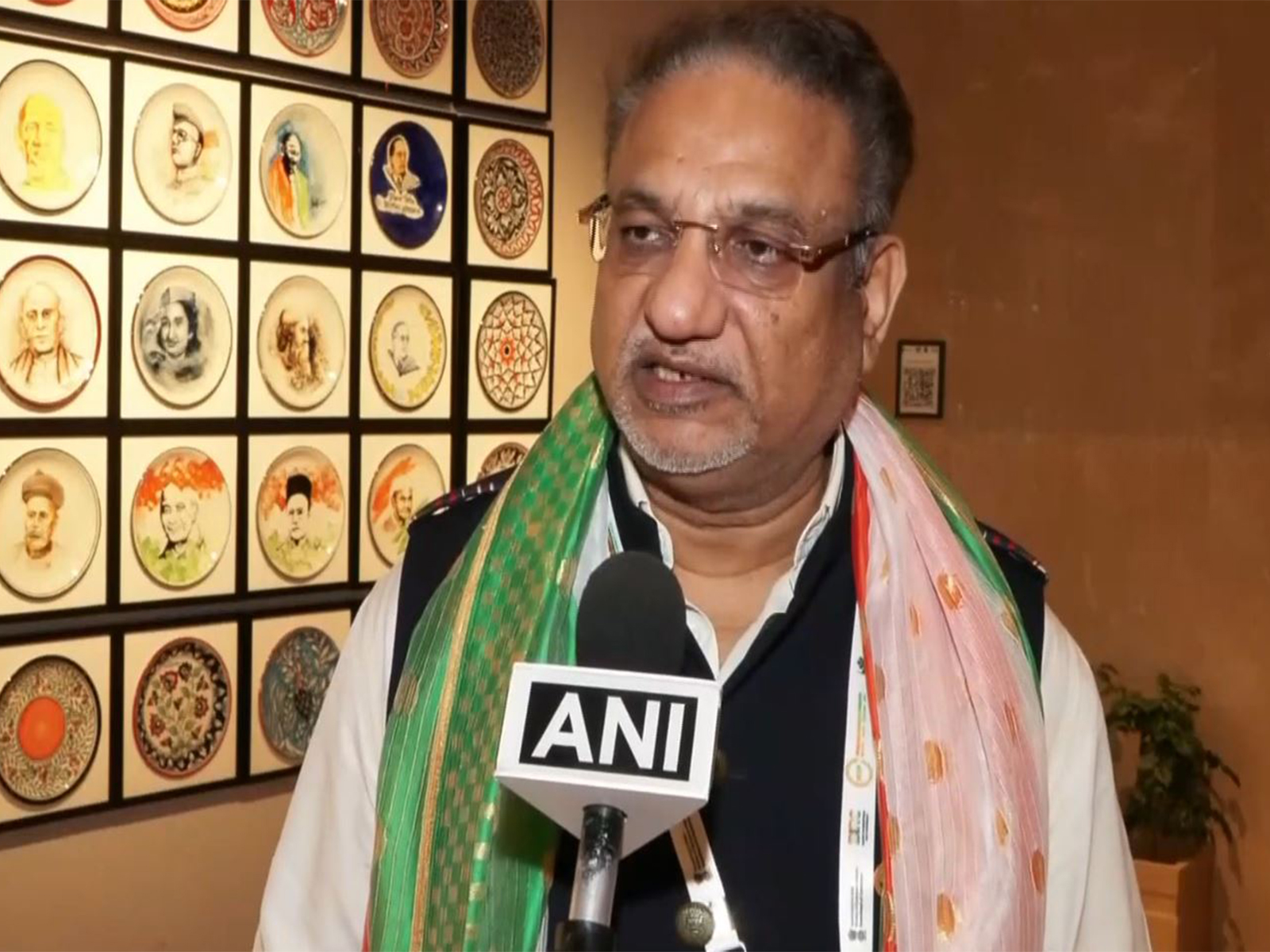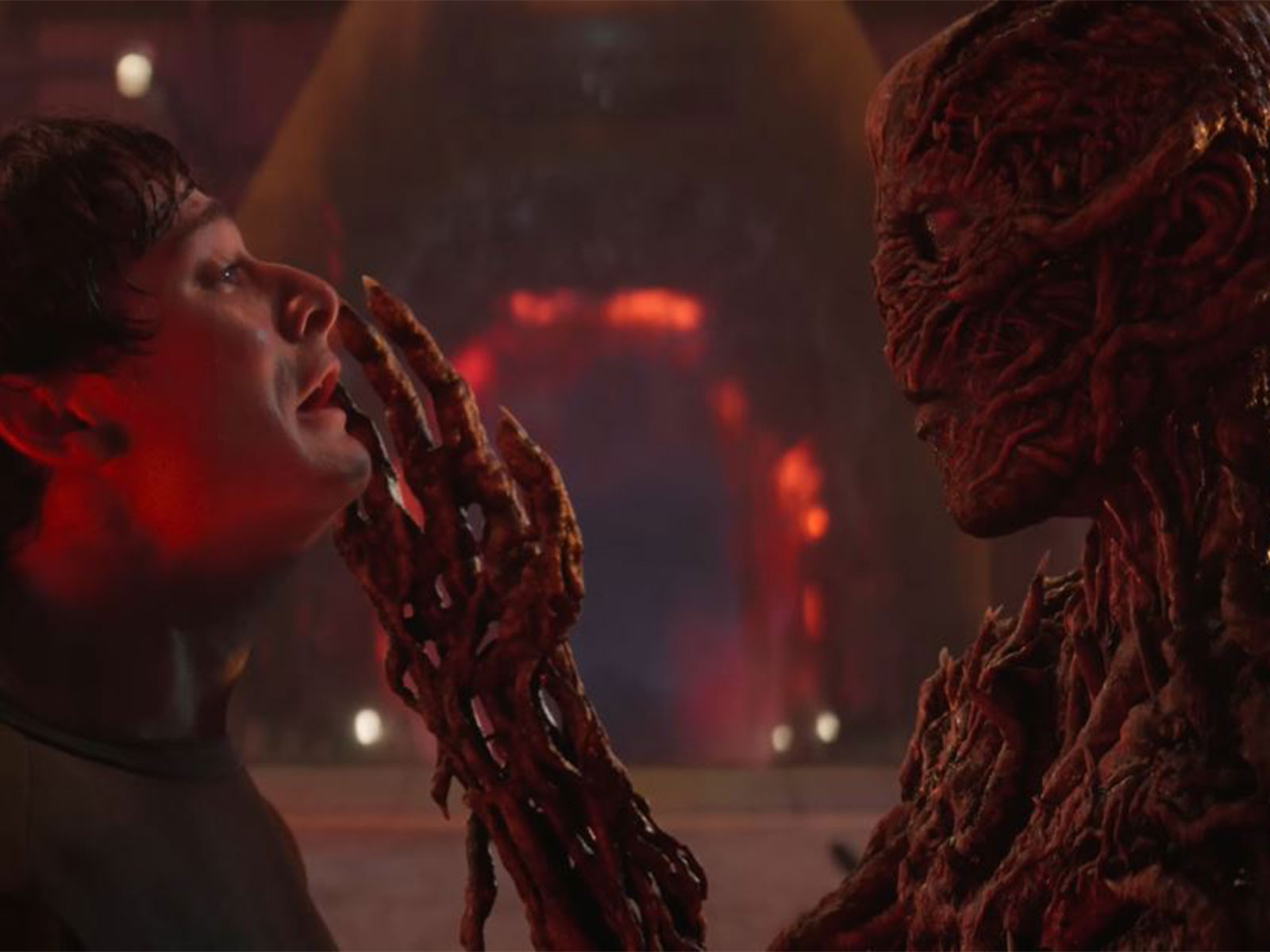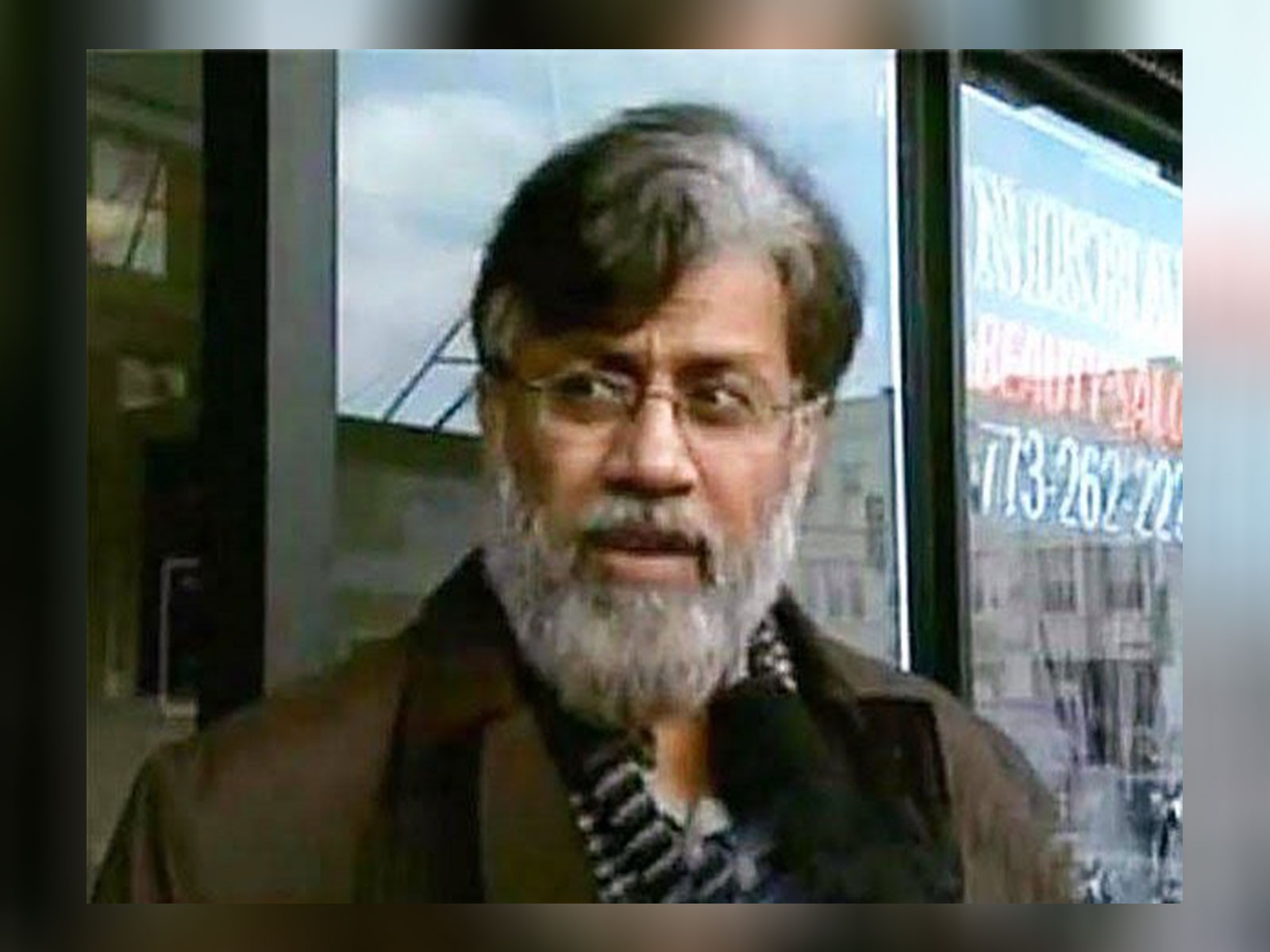
26/11 Mumbai Terror Attack: NIA seeks additional details from US in Tahawwur Rana case through MLAT
Oct 30, 2025
New Delhi [India], October 30 : The National Investigation Agency (NIA) has sought a fresh set of details from the United States government in connection with the case linked to 26/11 Mumbai attacks mastermind Tahawwur Rana through the Mutual Legal Assistance Treaty (MLAT) process, sources said.
These additional queries were raised months after Rana's interrogation, following his extradition to India, which could aid further investigation into the 2008 Mumbai terror plot.
Official sources privy to the development said the MLAT request was routed through the Ministry of Home Affairs (MHA) and forwarded to US authorities via the Indian Embassy in Washington.
"The information sought is expected to aid the ongoing investigation and strengthen the case against him," said the sources.
Rana, a key accused in the 2008 Mumbai terror attack conspiracy, in which a total of 166 persons were killed and over 238 were injured.
The move comes after the anti-terror agency filed the first supplementary chargesheet before the NIA special court, in Delhi, against Rana in connection with the case (RC-04/2009/NIA/DLI), which pertains to a criminal conspiracy hatched by David Coleman Headley, Rana and other members of LeT and HUJI to carry out terrorist attacks in different parts of India.
The supplementary chargesheet, filed in July this year, pertains to the submission of documents regarding the extradition of accused Rana and additional evidence collected by the NIA.
Additionally, in compliance with the court's order dated June 6, 2025, the NIA has submitted a compliance report under Section 207 of the Criminal Procedure Code (CrPC) regarding the supply of documents related to the earlier chargesheet filed in 2011.
On April 10, the NIA formally arrested Rana after his extradition from the US. In a day of fast-paced developments linked to Rana's extradition, the NIA took Rana into custody on the orders of the special court in New Delhi.
Rana was brought to New Delhi escorted by teams of National Security Guard and the NIA, comprising senior officials, on a special plane from Los Angeles, US. The extradition came through after Rana's various litigations and appeals, including an emergency application before the U.S. Supreme Court, were rejected.
With coordinated efforts by India's Ministry of External Affairs and Ministry of Home Affairs, along with relevant authorities in the United States, the surrender warrant for the wanted terrorist was secured, and the extradition was carried out.
The NIA had closely collaborated with its counterparts in the FBI, the US Department of Justice (USDoJ), and other agencies throughout the extradition process, a significant milestone in India's ongoing efforts to bring those involved in terrorism to justice, regardless of where they may have fled across the world.
